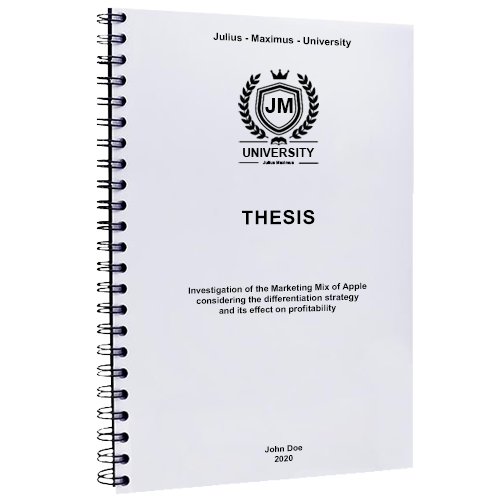We all know that a college education is expensive. While the price for your education can vary depending on things like what institution you go to and whether or not you’ve been offered any type of scholarship, most people will either have to save for years in order to afford to go to school or will have to borrow money that they’ll pay back later.
Although those two options can work, if you’re preparing for the financial aspects of gaining an education well in advance, you can find ways to make your education affordable without having to sacrifice too much. To show you how this can be done, here are three tips for planning how to pay for your college education.

Save To The Right Type Of Account
The safest way to ensure that you’ll have the money you need to pay for your college education is to save the funds yourself. In order to accumulate the necessary amount, it’s wise to start saving early and to save your money in the right type of account.
According to Farran Powell, a contributor to U.S. News and World Report, one of the most ideal savings accounts to open as you save for a college education is a tax-advantaged 529 college savings account. With this type of account, you’ll be able to save money with tax-deferred earnings and spend the money on education expenses without having to pay the taxes as you distribute the funds. These perks can be very beneficial both while saving and once your college admission letter has been received.

Apply For All Possible Financial Aid
Even with saving for years, you might not be able to get together all the funds that are needed to pay for educational expenses. To assist you with this, it’s wise to apply for all possible financial aid that might be available to you.
According to Jon Marcus, a contributor to AARP, you should fill out your FAFSA, which forms are usually required to get financial aid both from your school and from the government. Keep in mind, however, that the information you provide on your FAFSA forms will be from the last two financial years, so make your financial decisions wisely during that time.
Try For A Work-Study
While it can be beneficial to be able to devote all of your time as a student to your studies, many students have to work while going to school in order to support themselves.
If you’re going to need to find a job while going to school, Katie Lobosco, a contributor to CNN Money, suggests looking into work-study programs first, as they are usually run through your school and will be close to campus and generally flexible with your class schedules.
Bonus Tips
Find Scholarship Opportunities
One of the highly recommended ways to pursue your college education without too much financial burden is looking for a scholarship. Respected organizations, businesses, and investors offer scholarship grants to qualified students who want to pursue a college degree. A list of HBCU Scholarships is available for your reference to help you get financial support for your college education.
Make sure to get yourself prepared with the challenges of taking a scholarship grant. It would mean you have to work double to maintain a certain average or grade to continue receiving financial support. Hard work, patience, self-discipline, and resourcefulness are the essential qualities to help you attain your education goals with the help of a scholarship.
Try a Copywriting Job
Improving your copywriting skills can help you pay for some expenses of your college education. Copywriting marketing efforts drive engagement. With a well-written copy, businesses can better position their brand, highlighting the features and benefits of their product or service. With the help of a copywriter, they can also easily align their content to any platform, demographic, or content type you find most beneficial to a business.
Check out how can you improve your copywriting skills to land a copywriting job to sustain your expenses in college:
- Learn the Art of Creative Writing: This means writing an authentic and expressive copy that’s backed up by references, authority links, and credited online or offline resources.
- Practice Writing Three Headlines a Day: Write a better copy by writing at least three headlines daily. A fifteen-minute session writing new headlines can help improve your copywriting skills.
- Consider Diversity: While long web content copies might do well for some people for a more comprehensive reference, others want it short and sweet. For instance, shorter sentences and paragraphs, and overall content are more suitable for older people who have vision and memory problems.
To help make a college education something that you can financially achieve, consider using the tips mentioned above to help you create a plan for yourself.


